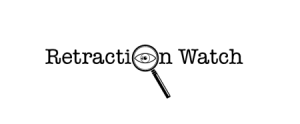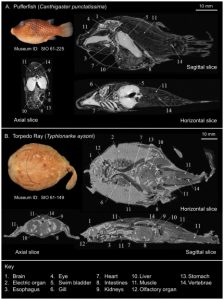
Regular Retraction Watch readers may recall a remarkable story from January involving Harvard’s Lee Rubin and one of his graduate students. As we reported in Science at the time, the graduate student, Gustavo German, said he had been subjected to a forced psychiatric evaluation as “an act of revenge by Rubin, retaliation prompted by German’s allegation of scientific misconduct against Rubin and two of his students.” And a judge “agreed with German, concluding [last August] that Rubin was ‘motivated by bias and revenge, not by a legitimate interest in keeping German safe.'”
That led to a restraining order that required Rubin to remain 100 feet from German at all times — including in the lab where German was working on his PhD.
Today, we have an update on the story, also in Science: “At Harvard, extraordinary court battle between Ph.D. student and prominent researcher grinds on.” As our Alison McCook writes: Continue reading The Harvard lab head, the grad student, and the restraining order: An ongoing saga



